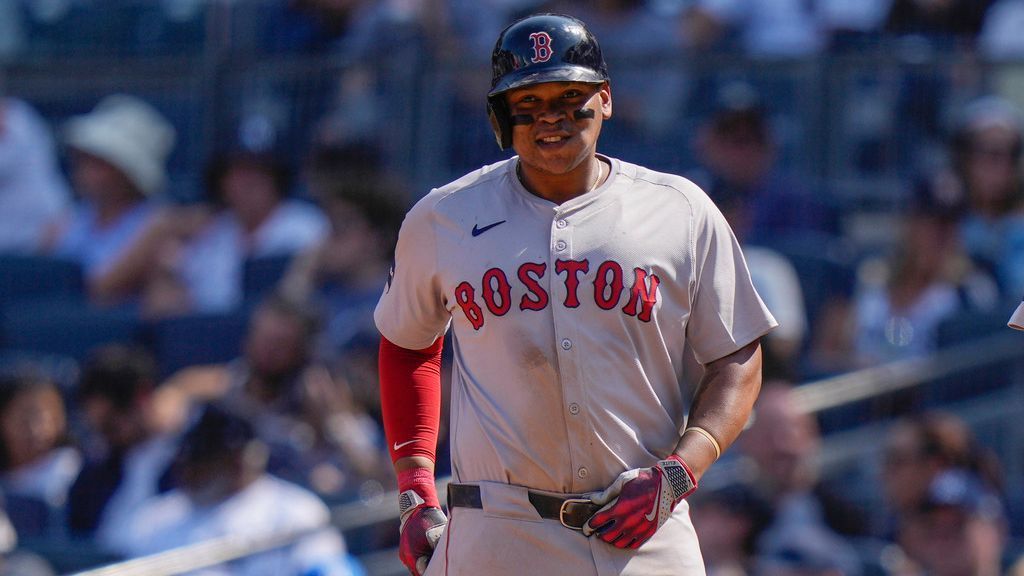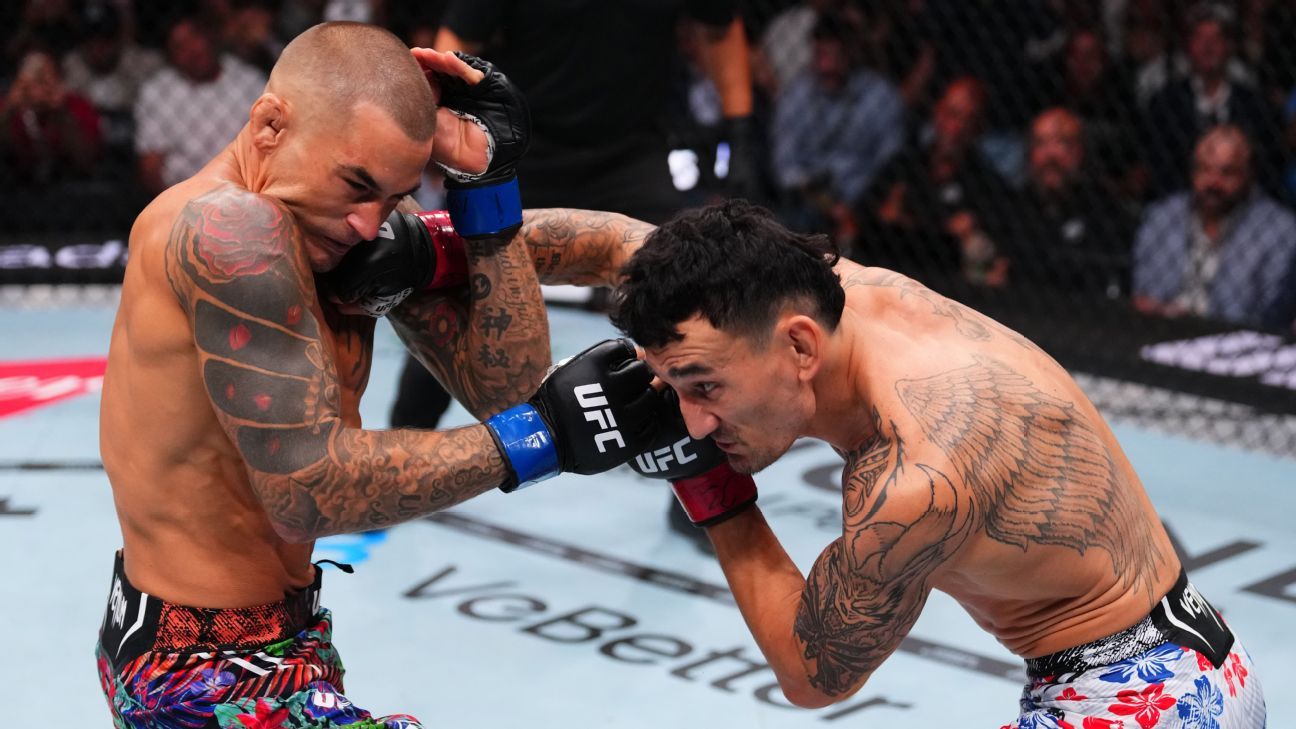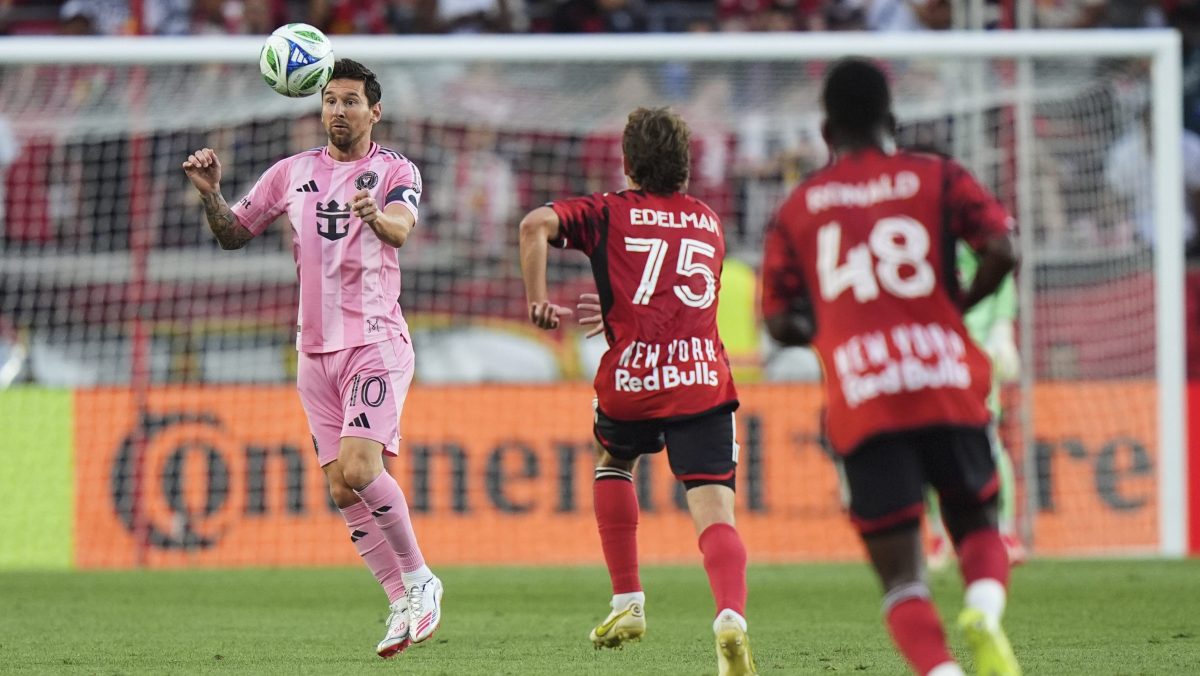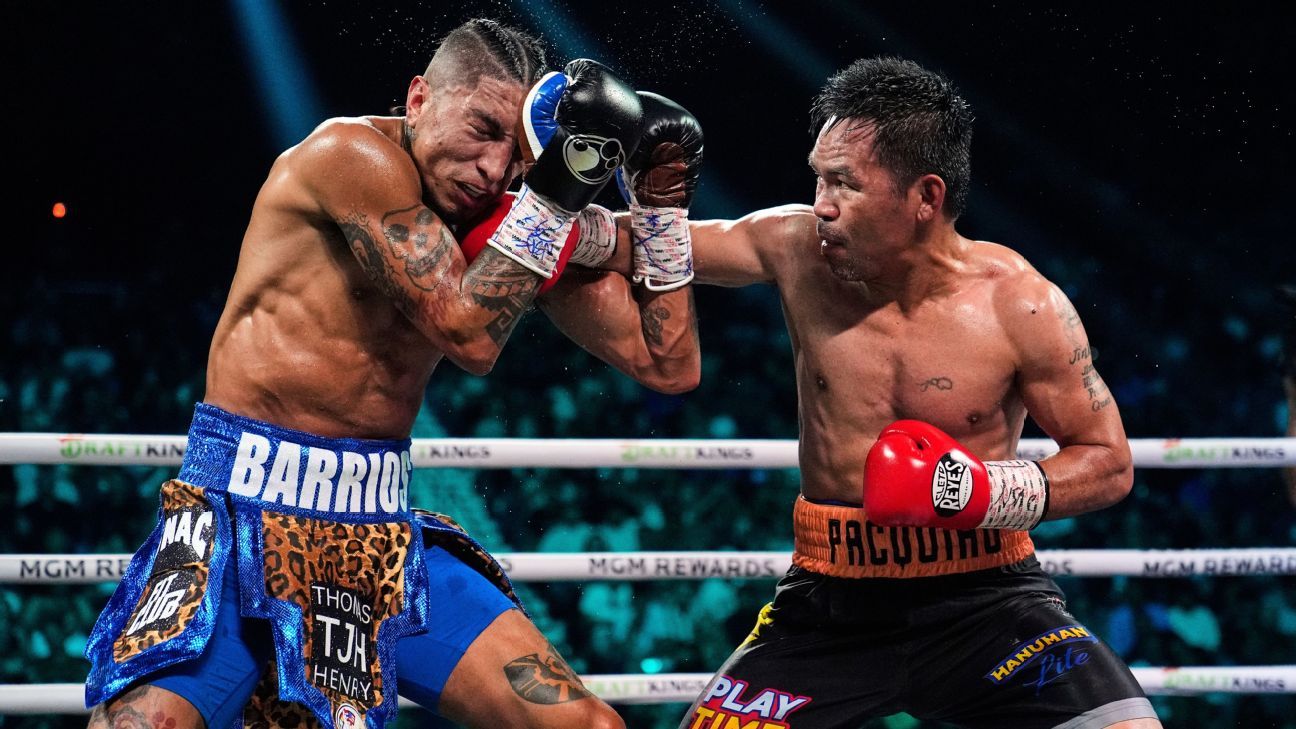Rafael Devers Stands Firm: The First Base Debate with the Red Sox
Boston Red Sox star Rafael Devers has unequivocally stated he will not transition to first base, sparking a pivotal debate about the team’s infield strategy. The 27-year-old third baseman, a cornerstone of the franchise, made his position clear during recent contract negotiations, emphasizing his preference to remain at the hot corner. This decision could reshape the Red Sox’s roster construction and long-term plans as they balance defensive needs with Devers’ offensive prowess.
Devers’ Stance and Its Immediate Impact
Devers, who signed a 10-year, $313.5 million extension in 2023, has been the subject of internal discussions about a potential position change. Team executives reportedly floated the idea to improve infield defense and accommodate emerging talent. However, Devers remains adamant about staying at third base, where he’s started 658 career games.
“I’ve worked my entire career to master third base,” Devers told reporters. “It’s where I’m most comfortable and where I believe I can contribute best to this team.” His agent, Nelson Montes de Oca, reinforced this stance: “Raffy takes tremendous pride in his defensive growth. Moving him would disregard the significant improvements he’s made since his rookie season.”
The Defensive Metrics Behind the Debate
Statistical analysis reveals why this decision carries weight:
- Devers has reduced his errors from 22 in 2019 to just 12 in 2023
- His defensive runs saved improved from -13 in 2021 to -2 last season
- Among qualified third basemen, he ranked 14th in outs above average in 2023
While not elite defensively, Devers has shown steady progression. “The numbers tell a story of a player who’s put in the work,” noted MLB analyst Jessica Brand. “But the Red Sox must weigh whether his bat justifies keeping him at a premium defensive position.”
Roster Implications and Alternative Solutions
Boston’s dilemma stems from several factors:
- Triston Casas’ emergence as the everyday first baseman
- Top prospect Marcelo Mayer’s impending arrival at shortstop
- The need to improve overall infield defense after ranking 24th in MLB last season
Chief Baseball Officer Craig Breslow faces tough choices. “We respect Raffy’s position,” Breslow stated. “Our focus remains on building the best possible team, which sometimes requires difficult conversations.” The front office might now explore trade options or shift their prospect development timeline.
Historical Precedents and Player Development
The situation mirrors other franchise stars who resisted position changes. Miguel Cabrera famously pushed back against moving from first to third base in Detroit. Conversely, Alex Rodriguez successfully transitioned to third base when joining the Yankees, though that involved joining an established team core.
Player development expert Dr. Sarah Gorski notes: “For elite hitters, maintaining defensive consistency often supports offensive production. Teams must carefully consider the psychological impact of position changes on their stars.”
What’s Next for the Red Sox and Devers?
This standoff could influence multiple aspects of Boston’s offseason:
- Free agent targets may now prioritize defensive specialists
- Trade discussions could focus on acquiring a versatile infielder
- Spring training might feature experiments with other defensive alignments
As the Red Sox prepare for 2024, they must balance respecting their franchise player’s wishes with fielding a competitive team. Devers’ bat (.275/.352/.500 slash line since 2021) makes him indispensable, but his defensive position remains a point of contention. How the organization navigates this challenge could define their upcoming season and beyond.
For ongoing coverage of this developing story and exclusive insights into the Red Sox’s offseason plans, subscribe to our daily newsletter.
See more Sky News Portal



